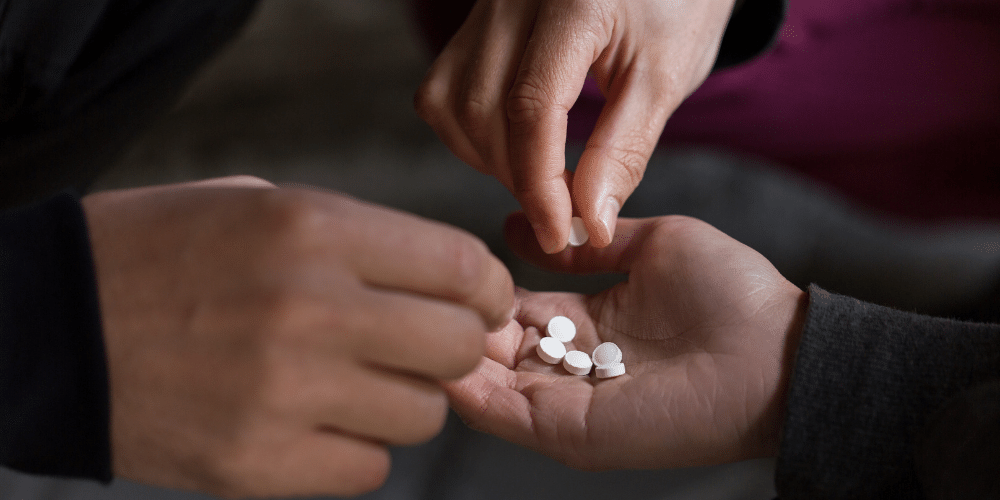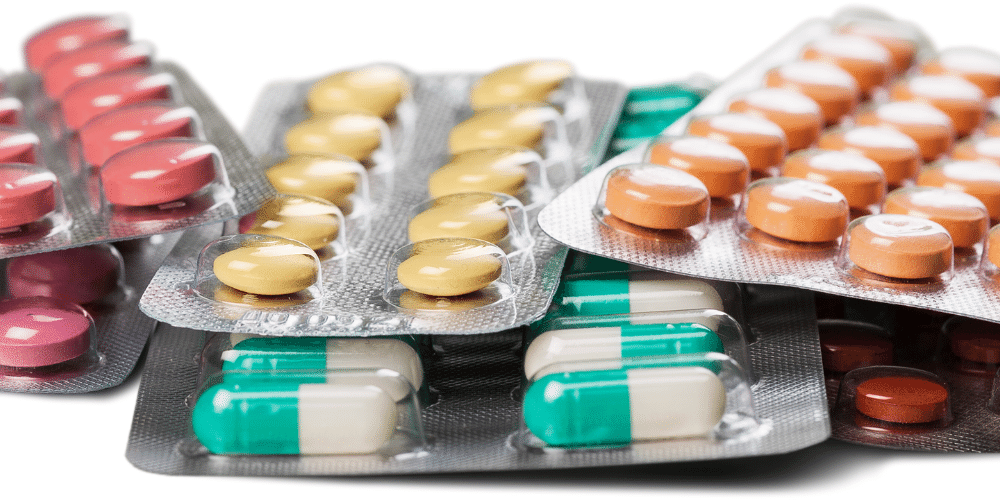The debate surrounding marijuana has been going on for decades now, with no end in sight. One of the most common arguments against marijuana is that it is a gateway drug. While this claim has been disputed by many, there is some evidence to support it. In this blog post, we will explore the idea of marijuana as a gateway drug. We will look at the evidence for and against this claim, as well as the potential implications of marijuana use. Read on to learn more about this controversial topic.
What is marijuana?
Marijuana is a gateway drug because it leads to the use of other, more harmful drugs. Gateway drugs are substances that lead to the use of other drugs, often harder ones.
Marijuana is not necessarily a gateway drug for everyone who uses it. Some people who use marijuana don’t go on to use other drugs. But research shows that people who start using marijuana before age 18 are more likely than those who start later to develop problems with drug abuse and addiction.
People who start using marijuana at a young age are also more likely to develop mental health problems, such as anxiety and depression. And they’re more likely to have trouble in school and problems with their families.
So, even though not everyone who uses marijuana will become addicted or develop other serious problems, it’s still important to be aware of the risks. If you or someone you know is using marijuana, talk to a doctor or counselor about the best way to stop.

What are gateway drugs?
The gateway drug theory posits that the use of certain drugs can lead to the use of more dangerous drugs. The theory is based on the idea that drug use is a progression, with each new drug becoming more addictive and harmful. Gateway drugs are often thought to be marijuana, alcohol, and tobacco.
Research on the gateway drug theory is mixed. Some studies suggest that there is a correlation between gateway drug use and the later use of more harmful drugs. Other studies have found no evidence to support the gateway drug theory.
Marijuana is often considered a gateway drug, but there is no definitive evidence that it leads to the use of other drugs. Some people who use marijuana do go on to use other drugs, but this may be due to factors such as peer pressure or curiosity. It is also worth noting that many people who use marijuana never go on to use other drugs.
The connection between marijuana and gateway drugs
The connection between marijuana and gateway drugs is one that has been heavily debated in recent years. Some believe that marijuana is a gateway drug that can lead to the use of other, more dangerous substances. Others believe that marijuana is not a gateway drug and that its use does not increase the risk of using other drugs.
The data on this issue is mixed, but there are some studies that suggest there may be a connection between marijuana and gateway drugs. One study found that people who used marijuana were more likely to also use other illegal drugs, such as cocaine or heroin. Another study found that people who used marijuana were more likely to develop psychiatric problems, which could lead to the use of other drugs as a way to self-medicate.
It’s important to remember that correlation does not equal causation, and it’s possible that people who are more likely to use drugs are also more likely to use marijuana. However, the data does suggest that there may be a link between marijuana and gateway drugs, and further research is needed to explore this potential connection.
Is marijuana a gateway drug?
Yes, marijuana is a gateway drug. Drug addiction is a real problem in our society, and marijuana is one of the most popular drugs among addicts. When someone uses marijuana, they are more likely to try other drugs as well. This is because marijuana can lead to changes in the brain that make other drugs more appealing. For example, marijuana can increase anxiety and paranoia, which can make people more likely to use other drugs to cope with these feelings. Additionally, marijuana can impair judgement and decision-making, making it more likely that someone will take risks and try other drugs.
If you or someone you know is struggling with addiction, please seek help from a professional. Addiction is a serious problem that can ruin lives. However, there is hope for recovery. With the right treatment and support, anyone can overcome addiction and lead a healthy and fulfilling life.
How to prevent marijuana from becoming a gateway drug
There is no denying that marijuana can be a gateway drug. But, there are ways to prevent it from becoming one. Here are four tips:
1. Keep it out of reach.
If you have marijuana in your home, make sure it is kept in a secure location, out of reach of children and teens. The last thing you want is for them to get their hands on it and start experimenting.
2. Talk to your kids about the risks.
It’s important that you talk to your children about the dangers of marijuana and other drugs. They need to know that it’s not something to be taken lightly. Explain the risks involved, such as addiction and impaired judgment.
3. Set a good example.
As a parent, you need to set a good example for your children when it comes to drug use. If they see you using marijuana, they may think it’s okay for them to do so as well. So, it’s important that you stay away from drugs yourself.
4. Get help if needed.
If you or someone you know is struggling with drug addiction, don’t hesitate to get help from a professional treatment center like The Recovery Village Ridgefield . With the right treatment and support, recovery is possible.
Marijuana
Marijuana is a gateway drug because it can lead to the use of other, more harmful drugs. Gateway drugs are substances that are often used by people who go on to use other drugs. They may start out using marijuana, for example, and then move on to harder drugs like cocaine or heroin.
People who use gateway drugs usually start out using them recreationally. They may experiment with them at parties or in social situations. As they become more accustomed to the effects of these substances, they may start using them more frequently. This can lead to addiction and other problems.
Gateway drugs can be very harmful. They can cause physical and psychological dependence. They can also lead to other health problems, such as liver damage or respiratory problems. If you or someone you know is using gateway drugs, it’s important to get help right away. There are many resources available that can help you quit using these substances and get on the road to recovery.
Gateway drug
Marijuana is often considered a gateway drug, meaning that it leads to the use of other, more harmful drugs. This is because marijuana can increase your risk-taking behavior and make you more likely to try other drugs. Additionally, marijuana can change the way your brain functions, making you more likely to develop an addiction to other substances.
If you or someone you know is struggling with substance abuse, it’s important to get help as soon as possible. There are many resources available to help you overcome addiction and start living a healthy, drug-free life.
The dangers of marijuana
Marijuana is often thought of as a benign drug, but it can actually be quite dangerous. Some of the dangers of marijuana include:
– impaired judgment and coordination
– paranoia and anxiety
– increased heart rate
– psychotic episodes
– difficulty concentrating and Memory problems
– addiction

The pros and cons of marijuana
Marijuana is a controversial drug that has been the subject of much debate. Some people believe that it is a gateway drug, while others believe that it has potential medicinal benefits. Here, we take a look at the pros and cons of marijuana to help you make an informed decision.
The Pros of Marijuana
1. Marijuana has been shown to have medicinal benefits.
There is growing evidence to suggest that marijuana can be used to treat various medical conditions, such as pain relief, nausea, and anxiety. Some studies have even suggested that it could help to improve the symptoms of Alzheimer’s disease and cancer.
2. It is safer than other drugs.
Marijuana is far less harmful than other drugs, such as alcohol and tobacco. In fact, it is impossible to overdose on marijuana. This makes it a safe option for those who are looking for an alternative to traditional drugs.
3. It can be used recreationally.
Marijuana can be used for recreational purposes without causing any harm to the user or anyone else. Unlike other drugs, such as cocaine and heroin, marijuana does not have any addictive qualities. This means that users are not at risk of developing an addiction when they use it recreationally.
The Cons of Marijuana
1. It can impair judgment and coordination.
Conclusion
There is a lot of debate surrounding the topic of whether or not marijuana is a gateway drug. While there is no definitive answer, the evidence seems to suggest that marijuana may potentially lead to the use of other, more harmful drugs. If you are considering using marijuana, it is important to be aware of this possibility and to make sure you are taking measures to avoid trying other drugs.










Leave a Reply